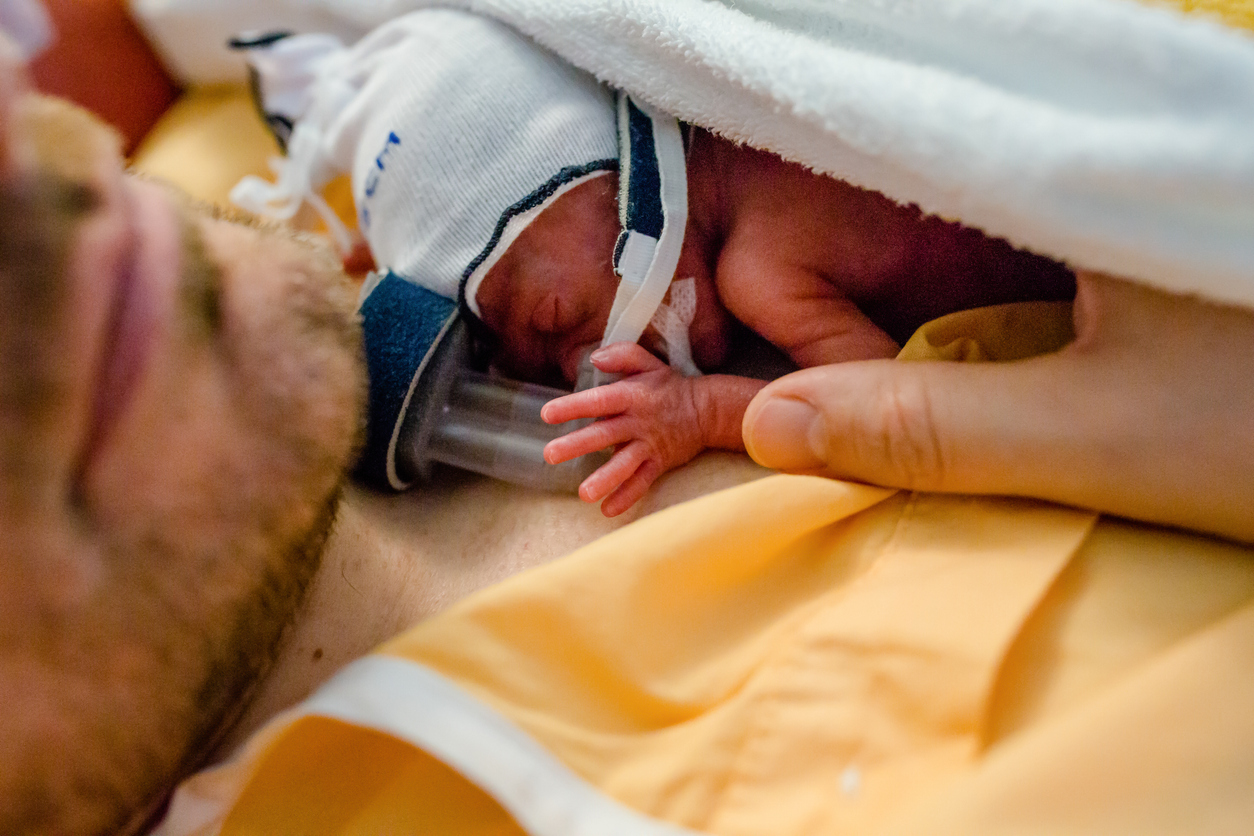2024-03-26
What ventilatory support is needed after extubation of a premature baby ?
Anesthesia and Intensive Care
Nasal intermittent positive airway pressure (NIPPV) has been shown to be superior to post-extubation nasal continuous positive airway pressure (CPAP) in premature neonates. In this comparative efficacy and non-inferiority study, Canadian researchers hypothesized that CPAP would not be inferior to IPPV. In total, data were collected on 843 infants extubated with CPAP and 974 infants extubated with IPPV in 22 neonatal intensive care units. All infants were born before 29 weeks' gestation. The primary endpoint was failure of the initial mode of extubation ≤72 hours. Secondary judgment criteria included failure ≤7 days and reintubation ≤72 hours and ≤7 days.

Last press reviews
Birch allergy: could one shot change everything?

#AllergicRhinoconjunctivitis #IgG4 #Allergoid #BirchPollen #Immunotherap...
Allergies: could the gut hold the key?

#SeasonalAllergicRhinitis #Probiotics #Prebiotics #GutMicrobiota...
Parkinson’s disease: bone health shouldn’t be overlooked

#ParkinsonsDisease #Osteoporosis #FractureRisk #FRAX #Prevention...